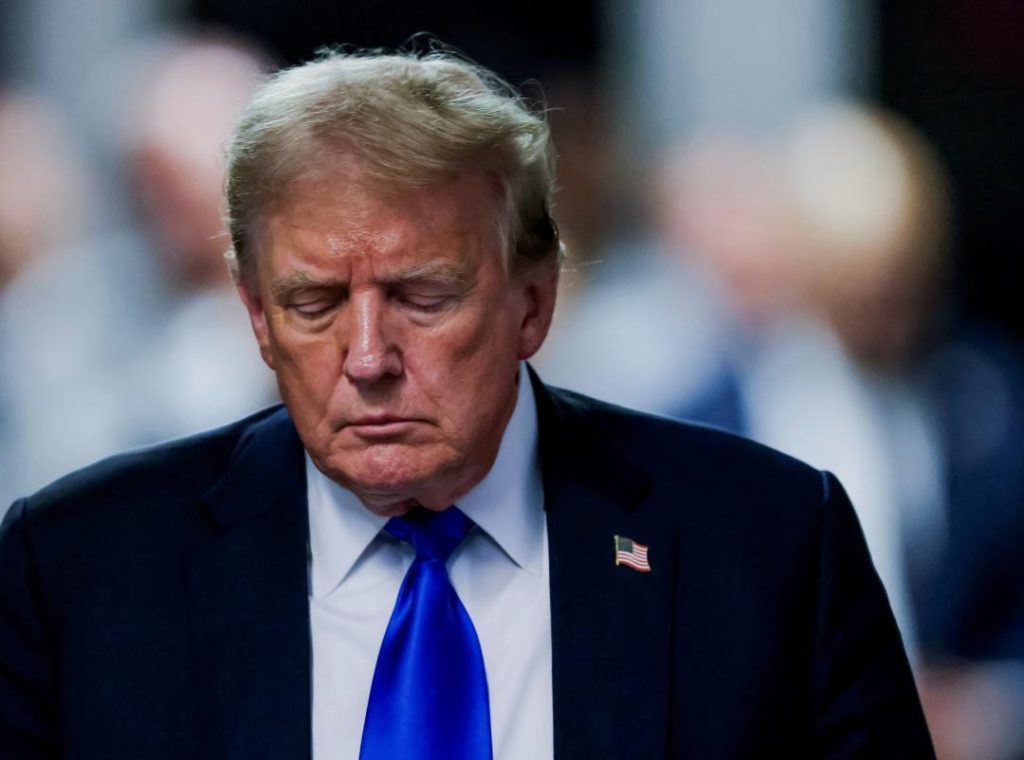
We Can Divert Our Exports from US: MP Harsh Vardhan Shringla on Trump’s 50% Tariff
In a recent statement, Rajya Sabha MP Harsh Vardhan Shringla, a former Foreign Secretary of India, has revealed the country’s plan to minimize the impact of US President Donald Trump’s 50% tariff on Indian goods. The tariff, which has been imposed on several Indian goods, including aluminum and steel, has sent shockwaves across the Indian economy, sparking concerns about its potential impact on Indian exports.
In an interview, Shringla stated that one way to mitigate the effect of the tariff is to find alternative markets. He pointed out that India has Free Trade Agreements (FTAs) with Australia, the United Arab Emirates (UAE), and the United Kingdom (UK), which provide India with an opportunity to divert some of its exports in that direction.
“We have FTAs with Australia, UAE, and UK, which means we’d have the opportunity to divert some of our exports in that direction,” Shringla said. “We can also look at other markets like Europe, Canada, and Latin America, which are similar in terms of consumption patterns and market conditions.”
Shringla’s statement has sparked hope among Indian exporters, who have been severely affected by the tariff. The Indian government has been working to find alternative markets for Indian goods, and Shringla’s suggestion has been seen as a positive development.
The 50% tariff, which was imposed by the US in June, has affected a range of Indian goods, including aluminum and steel, which are among India’s main exports to the US. The tariff has also led to concerns about the impact it could have on Indian jobs and economic growth.
In response to the tariff, the Indian government has taken several steps to mitigate its impact. These include imposing retaliatory duties on several US goods, including apples, almonds, and walnuts, and providing subsidies to Indian exporters to help them compete in international markets.
However, despite these efforts, many Indian exporters remain concerned about the long-term impact of the tariff. The Indian government has also been working to diversify India’s export basket and reduce its dependence on the US market.
Shringla’s suggestion to divert Indian exports to alternative markets is seen as a key part of this strategy. By diversifying its export markets, India can reduce its dependence on the US market and minimize the impact of any future tariffs.
In addition to diverting exports to alternative markets, Shringla also suggested that India could look at other ways to reduce its dependence on the US market. He pointed out that India has a strong domestic market, and that it could focus on increasing its domestic consumption to reduce its dependence on exports.
“We also need to focus on increasing our domestic consumption, which will reduce our dependence on exports,” Shringla said. “We can do this by promoting domestic demand, increasing investment in infrastructure, and creating a business-friendly environment.”
Shringla’s statement has sparked debate among economists and trade experts, who are divided on the impact of the tariff. While some argue that the tariff will have a significant impact on Indian exports and economic growth, others argue that India’s economic growth is driven by domestic demand and not just exports.
Regardless of the outcome, Shringla’s statement has highlighted the need for India to diversify its export basket and reduce its dependence on the US market. By finding alternative markets and increasing its domestic consumption, India can reduce the impact of the tariff and promote its economic growth.
In conclusion, Shringla’s statement has provided hope to Indian exporters who are seeking alternative markets for their goods. By diverting exports to alternative markets and increasing its domestic consumption, India can reduce its dependence on the US market and promote its economic growth. As the world economy continues to evolve, it is essential for India to diversify its export basket and reduce its dependence on any single market.



